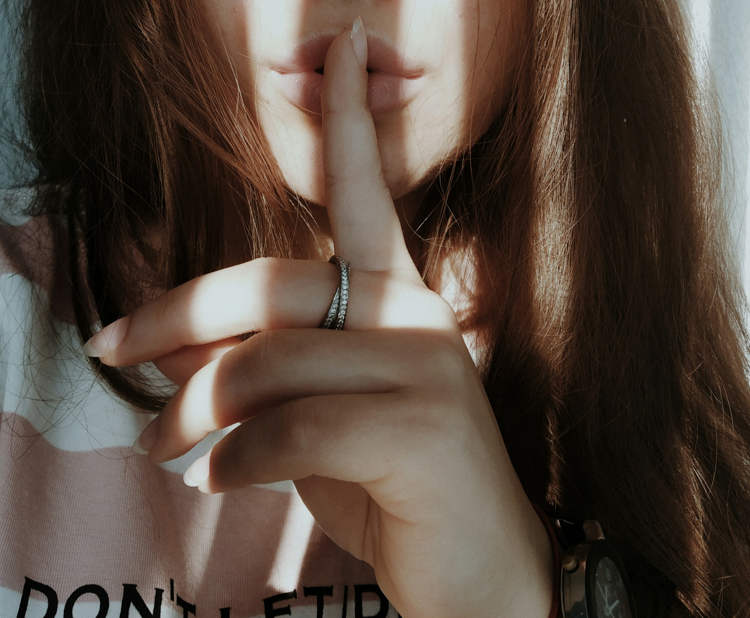A doctor of aesthetic medicine in New York has recently introduced a program of Botox and facial fillers designed to help poker players hide any sign of facial emotion that might tip off other card players.
Dr. Jack Berdy thinks poker might be the next big client base for Botox, so he’s designed a program called “Pokertox” to help him get an early foothold in the market. It’s a way to combine his job with a passion for gambling, but Dr. Berdy really wants to turn this idea into a profitable business. Pokertox starts off with the good doctor meeting the players and consulting with them about what they think their poker tells are. “Some people might get a card they like or don’t like and raise their eyebrows,” Berdy told The Huffington Post. “If that’s the common reaction, we can put Botox in certain areas to minimize them.” Berdy says there are a variety of unconscious signals his program can help with, but it can also help poker players bluff better by “putting Botox in areas to make it look like the player has a ‘tell’ they really don’t have.” The Pokertox program has only been available for a week, and so far no one has siged up for it, but Jack Berdy is confident his idea will be a winner in the long run.

The East Side aesthetics doctor, who was once a gambler himself, told the Observer the idea for Pokertox came to him in the last week or so. “It was just a natural match for the business I’m in and an application that hasn’t been done before,” he said, adding that if he were still properly involved with the game of poker, he would certainly use Botox on himself, to get that coveted frozen forehead. “Very few people can maintain a real poker face,’’ Berdy said. “They have some ‘tells,’ some expression that gives away that they have a good hand or a bad hand,” but by using Pokertox, “what someone sees across the table is no movement.’’

But not everyone is as excited about Pokertox as its inventor. Professional poker player Josh Hale says the idea has come 10 to 15 years to late: “The game has moved on from bluffs, and is more analytical these days. Players might look at physical tells, but they are relying more on betting patterns and bet sizing.” Also, Pokertox procedures cost between $600 and $800, and have to be repeated every three to four months, which probably makes them a bit too expensive for the average poker player. Cosmetic doctors like San Diego-based Barry Handler have been quck to call Pokertox a gimmick, but Dr. Berdy is confident most of his peers will think it’s a wonderful idea.






